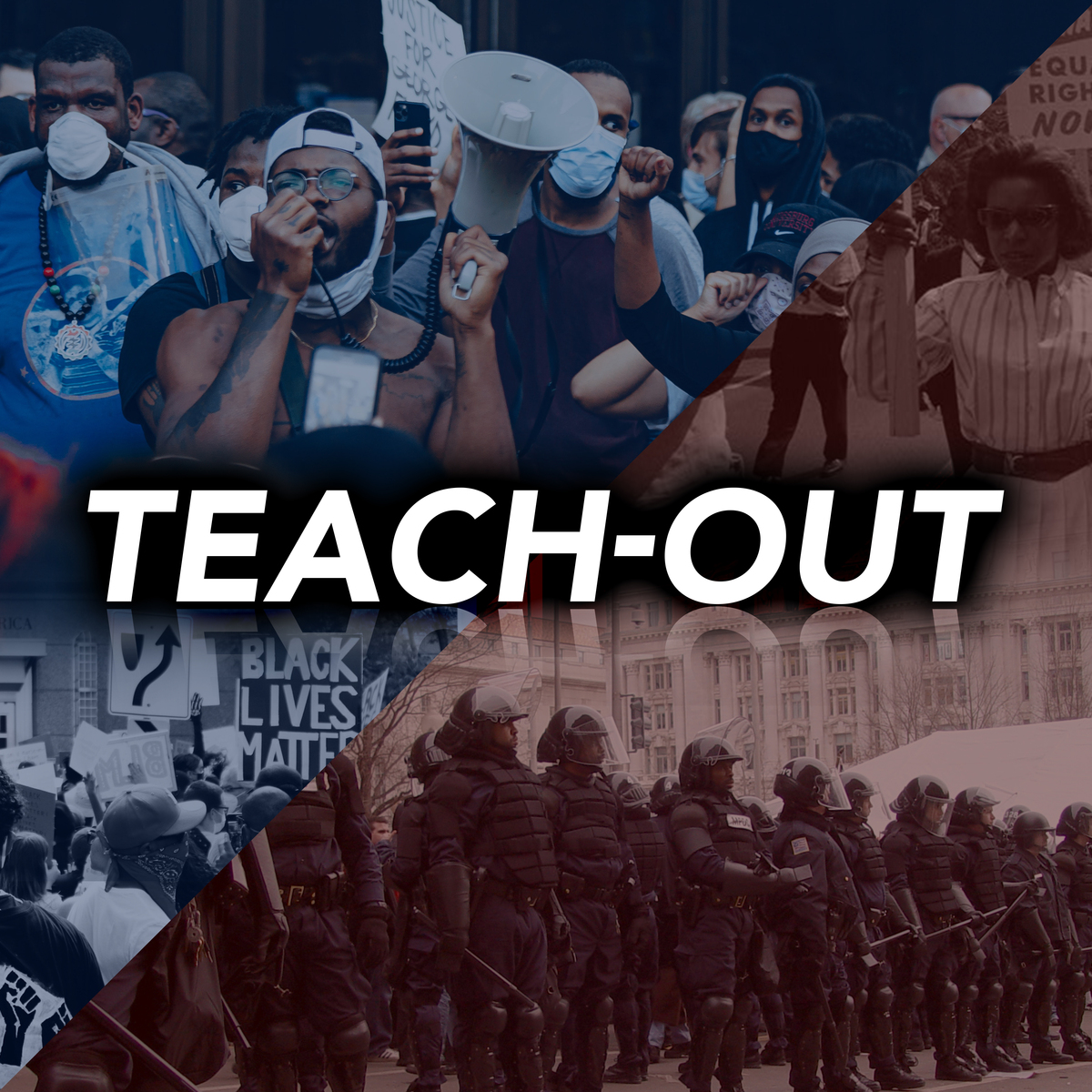Exploring Qualified Immunity
University of Michigan Law School professor Barbara McQuade, JD, discusses qualified immunity and how it can dismiss cases before going to trial.
Excerpt From

Transcript
Hi, my name is Barbara McQuade. I'm a professor from practice at the University of Michigan Law School. I'm really glad we're having these conversations around policing. It's important that we strike the right balance in enabling police officers to do the difficult and dangerous work they need to do to protect the most vulnerable members of our communities, but at the same time to make sure that we are protecting the constitutional rights of every American. One of the topics you'll hear about when discussing the need to reduce police brutality is Qualified Immunity. What is qualified immunity? Well, it is a legal doctrine created by judges that allows defendants to assert a defense in civil cases where they are sued for money damages in their individual capacity. It allows them to get cases dismissed before going to trial. Now, as the name suggests, qualified immunity is limited. It's not an absolute immunity, and the officer has to show that his conduct did not violate a clearly established right. Some people suggest that is an obstacle to holding officers accountable for their wrongdoing. Critics will say that even for blatant violations of constitutional rights, a lawsuit can proceed only if there was already a prior case that established that right as a clearly established right. So a violation that is alleged for the first time is never going to have that precedent of being a clearly established right. Just as an example to show you what I mean, there's a recent case involving a SWAT team that fired tear gas grenades into a person's home without a warrant, causing extensive damage to that home. In that case, the Ninth Circuit Court of Appealed held that qualified immunity shielded those officers from liability in a civil lawsuit for money damages because there was no case precedent that squarely governed the facts at issue at the appropriate level of specificity to show that the officers had violated a clearly established right. So as one critic said of this case, the first person to litigate a specific harm is going to be out of luck because the first time around the right violated won't be a clearly established right. The US Supreme Court recently declined to review this case, and so it stands as the law. So what can we do to change that? Well, there'll be a couple of ways. One would be for courts to overturn precedent. But as we saw by the Supreme Court's recent action, courts are reluctant to do that because typically they are bound by something known as starring decisis, where they follow the precedence of the cases that have come before. So the most obvious way to change it would be through legislative means, through a statute that's passed to change that law, and that could be done. In fact, there is proposed legislation in Congress right now called the justice in policing act that would modify qualified immunity by eliminating that requirement to show a clearly established right. Now, there are certainly pros and cons this debate. One concern is that by limiting or eliminating qualified immunity might not even have the intended effect is because under police union contracts, oftentimes officers are indemnified for their judgments. That means the city pays. So will ending qualified immunity have any effect on changing officers behavior. A second concern is that qualified immunity will reach only a small number of incidents, those committed by the so called bad apples in police departments instead of examining the practices and culture of entire police departments in a comprehensive way. Finally, some are concerned that if we end qualified immunity, we'll create a chilling effect that will prevent police officers from using force even when it's needed or it might discourage prudent people from taking jobs as police officers if it could risk losing their life savings. So these are important issues. I'm glad we're talking about that and you'll be hearing more about it, I'm sure in the weeks and months to come. Thanks.